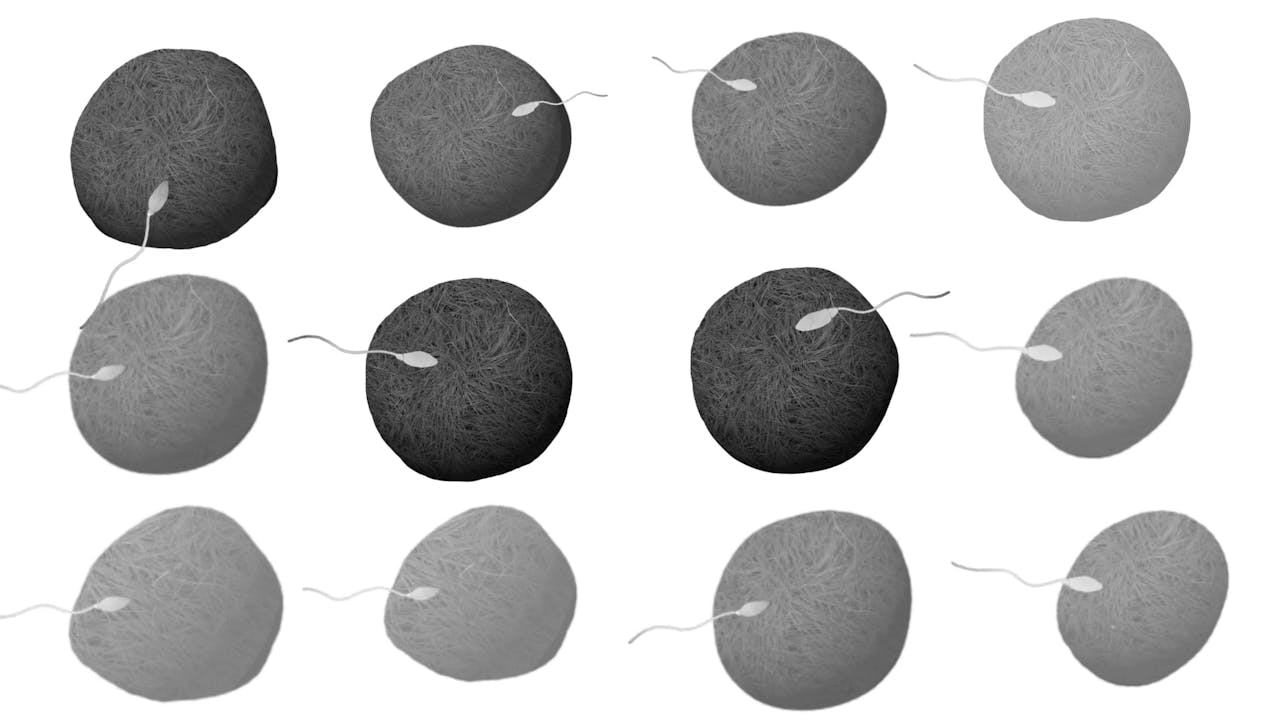Beyond the Binary Video Series
During the last several decades science has shown that the development of biological sex is complex. It consists of the genotype, defined as the sex chromosomes of an individual and the phenotype, defined as the observed physical characteristics of an individual's sexual anatomy. The phenotype is what is observed at birth that causes others to say. "It's a girl" or "it's a boy. Sexual differentiation in the human embryo is a developmental process. In the early embryo, two primordial (or early) anatomical structures are found, one male, the other female. Every embryo has both structures. In an intricate interplay of genes, growth factors and hormones, one of the structures is developed while the other regresses. Because of this complex interplay, sexual development unfolds in a continuum of steps. There may be variations from the typical interplay of genes and hormones and these alterations lead to human diversity. These videos foster a deeper understanding of identity and encourage acceptance and curiosity in what it truly means to be human.
-
Trailer - Video series on gender and sex variation
For generations, society has categorized sex and gender as strictly male or female—but science tells a more complex story. Beyond the Binary is a groundbreaking educational series that explores the biological, genetic, and hormonal processes shaping human diversity. Experts and personal stories r...
-
Sarah Berga - Sex hormones and the brain
Dr. Sarah Berga, a reproductive endocrinologist at the University of Utah, explores how hormones shape the brain and influence gender identity. Drawing from decades of research on neuroendocrinology and neurodiversity, she challenges the traditional binary model of male and female brains. Through...
-
Phillip Cato - How do we know what we think we know?
Philip Cato, a retired Episcopal priest and naval reserve chaplain, discusses the significance of approaching gender identity and gender formation through scientific inquiry rather than intuition alone. Drawing from philosophy, bioethics, and medical research, he examines how knowledge advances t...
-
Joan Roughgarden - Sex and gender variation through history, society & species
Biologist Joan Roughgarden examines gender and sexuality through a biological lens, addressing key concepts such as the definition of male and female based on gamete size, the prevalence of hermaphroditism in plants and animals, and the distinction between biological sex and gender expression. Th...
-
John Yarbrough - A personal story
John Yarbrough shares his personal experience growing up as a transgender man in a time when gender identity was rarely discussed. Reflecting on childhood memories, struggles with depression, and years of self-discovery, he recounts the challenges and triumphs of his transition at the age of 58. ...
-
Kathryn McClelland - What to expect when you're expect
Reproductive biologist Kathryn McClelland explores the complexities of how humans develop male and female characteristics. While traditional biology often teaches that XX and XY chromosomes determine sex, the reality is far more intricate. McLean explains the key developmental stages of sex diffe...
-
Phyllis Leppert - Introduction
Phyllis Leppert, Professor Emerita at Duke University and President of the Campion Fund, explores the biological complexity of sex differentiation. While traditionally viewed as a strict male-female binary, scientific research reveals that sex exists along a spectrum. Leopard explains how genetic...








